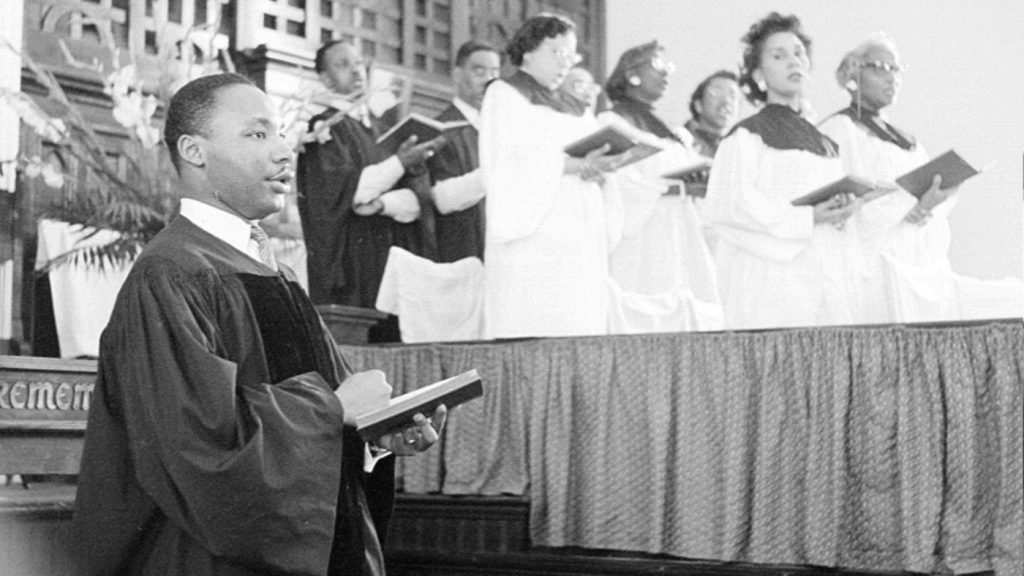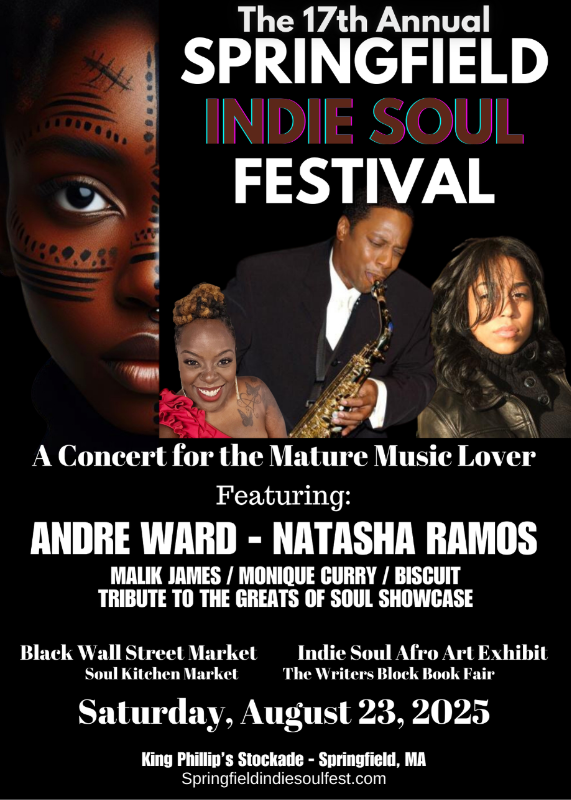African American spirituality, deeply rooted in the religious traditions and cultures of Africa, traces its origins to the transatlantic slave trade. Enslaved Africans brought diverse religious practices and beliefs from various African ethnic groups, shaping the spiritual landscape of African American communities.
Notably, the Yoruba religion from Nigeria influenced African American spirituality through the veneration of orishas and divination.
Historical experiences, such as slavery and the Civil Rights Movement, significantly impacted African American spiritual practices. During slavery, spirituality served as a source of resilience and resistance, with spirituals expressing yearnings for freedom.
Songs like “Wade in the Water“ conveyed messages of escape and liberation. The Civil Rights Movement saw leaders like Martin Luther King Jr. integrating spiritual principles into the struggle for racial equality, illustrating the enduring impact of African American spirituality on the cultural and social fabric.

African American spirituality emphasizes community and personal identity. Rooted in the concept of “ubuntu,” it highlights communal well-being over individual pursuits. The Yoruba tradition’s “Itutu” underscores harmony and collective solidarity, shaping various spiritual practices.
Spirituality is integral to personal identity, influencing how individuals understand the world, relationships, and their purpose in life. Cultural expressions like storytelling, music, and dance connect individuals through shared experiences of faith, resilience, and hope.
The impact of African American spirituality extends to culture, education, and social life. Spiritual traditions survived and thrived, contributing to the unique identity and resilience of African American communities. The Harlem Renaissance celebrated African American culture, influenced by spiritual traditions.
Historically Black Colleges and Universities incorporated African spiritual practices into education, preserving heritage. Spirituality also played a pivotal role in community organizing and social justice movements, from the Civil Rights Movement to contemporary advocacy efforts.
Beliefs and practices among Black Americans reflect a deep spiritual connection and faith. A Pew Research Center study revealed that 97% of Black Americans believe in God or a higher power, emphasizing a profound trust in divine authority. Prayer is central to their lives and is believed to have healing power. The communal nature of Black American spirituality is evident in congregational worship, emphasizing shared faith and unity.
African American spirituality provides healing and empowerment, particularly during challenging times like the pandemic and racial reckoning. Artists like Porsche Little have experienced an increased interest in African spirituality for guidance and sense-making. Personal narratives of individuals like Akissi Britton and Jo highlight the impact of spirituality in emotional and spiritual healing, fostering community, and providing empowerment during adversity.
Predominantly Black churches have historically been crucial hubs for African American spirituality, supporting communal worship, activism, and civil rights movements. However, there’s a noticeable shift among younger generations seeking spiritual fulfillment through alternative means. This change emphasizes the need for inclusivity and diversity within religious congregations to meet the spiritual needs of all community members.
In conclusion, African American spirituality’s enduring significance is evident in its historical role during the Civil Rights Movement, its influence in politics, and its adaptability to contemporary challenges. The ongoing impact of African American spirituality on cultural, social, and political aspects showcases its resilience and relevance in shaping the African American community’s identity.





